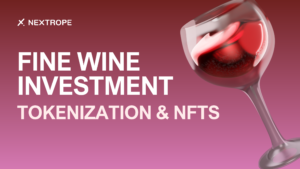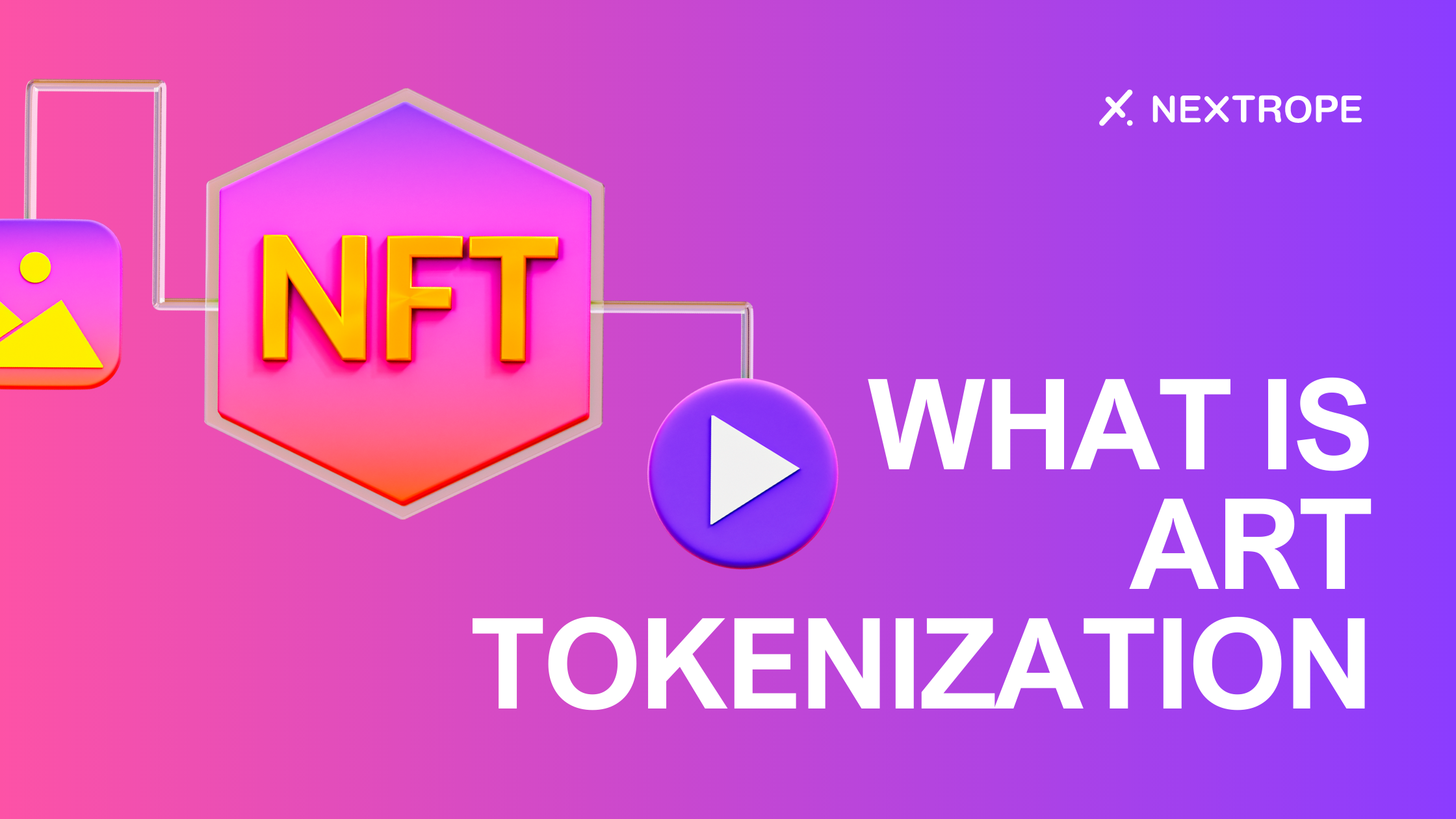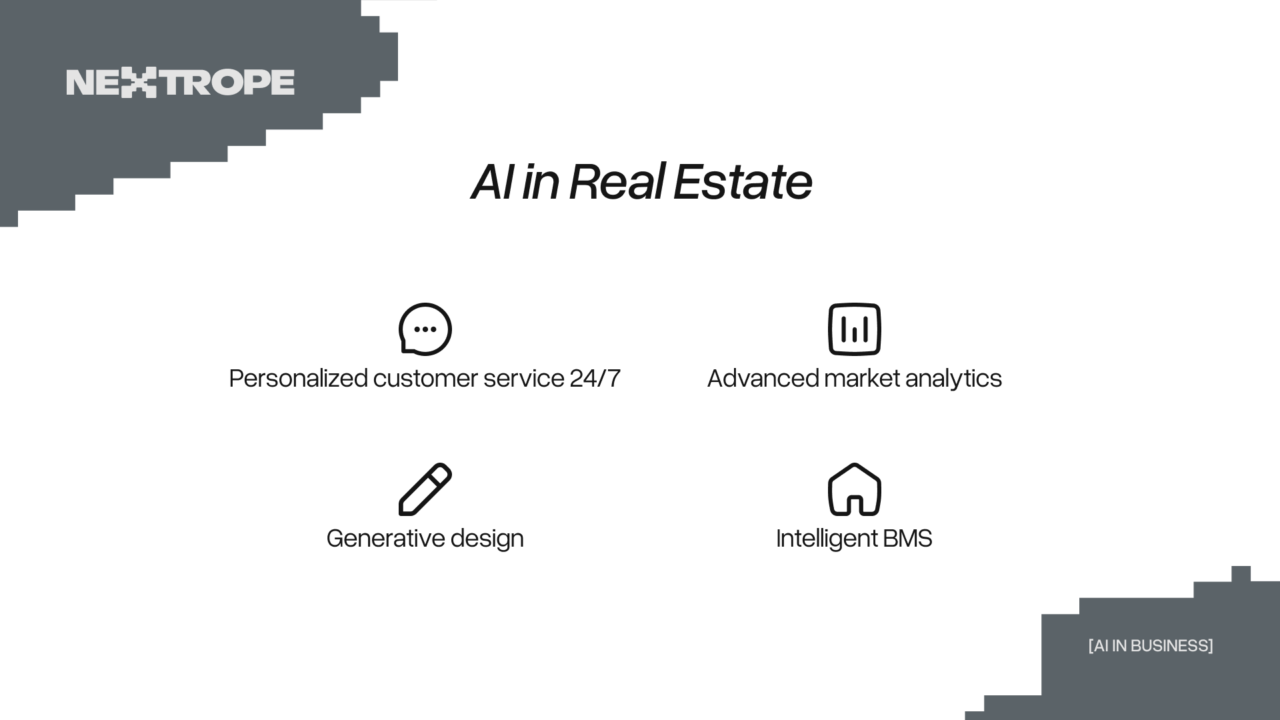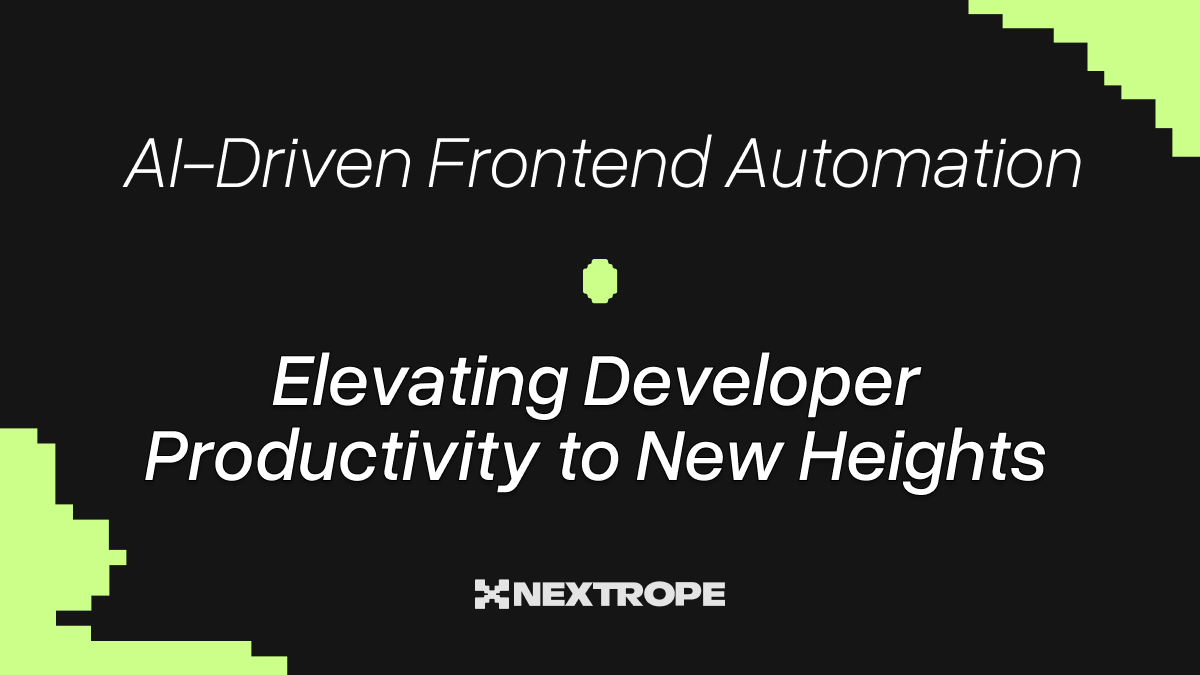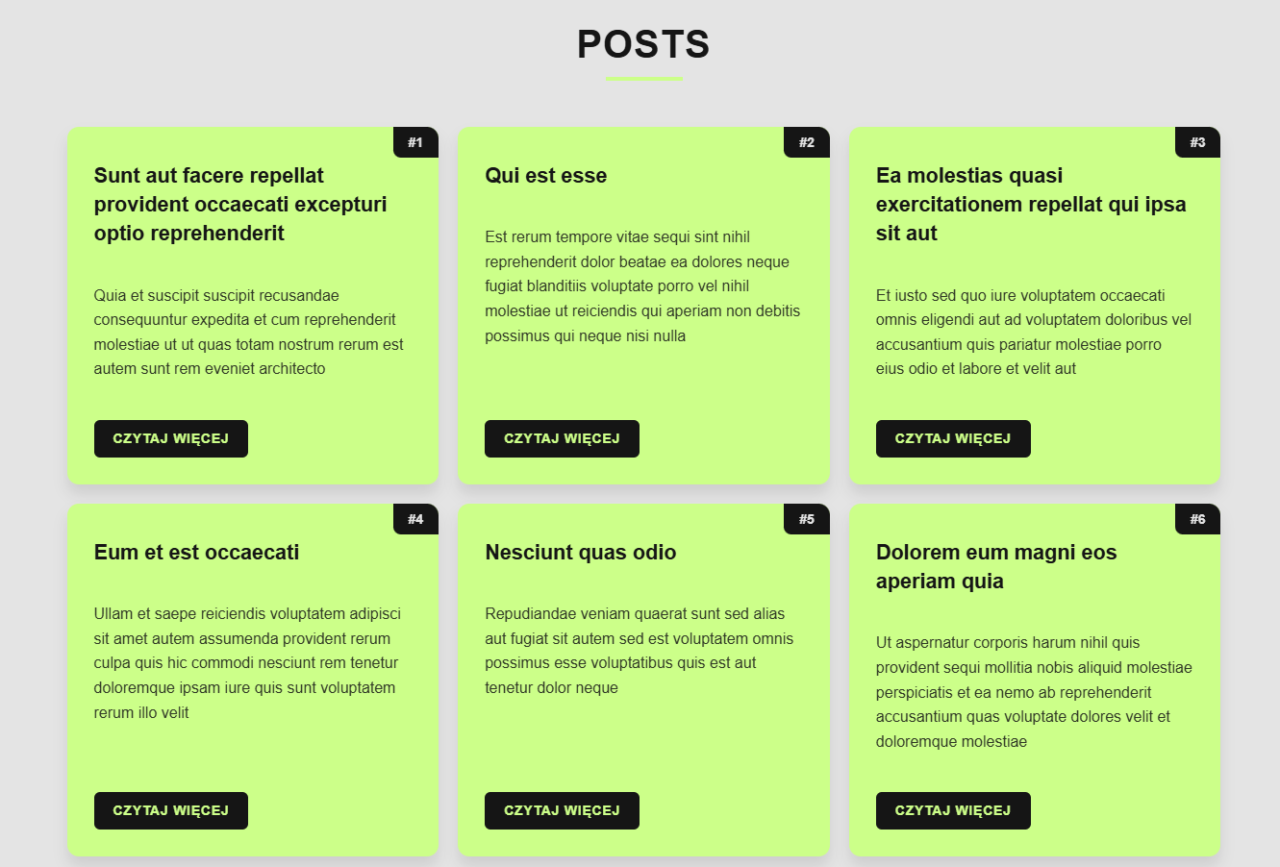For ages, wine has represented not just refinement and cultured taste, but also a profitable investment opportunity. Enthusiasts relish the flavor, fragrance, and texture of a classic bottle, while investors delight in its increasing value over time. Similar to other assets, wine investment is ever-evolving. Technological advancements like NFTs (Non-Fungible Tokens) and tokenization are transforming this investment landscape, as the digital age meets the time-honored custom of wine investment. This article examines this merger, investigating the intertwining of modern innovations with wine investment traditions.
Fine Wine Investment Environment
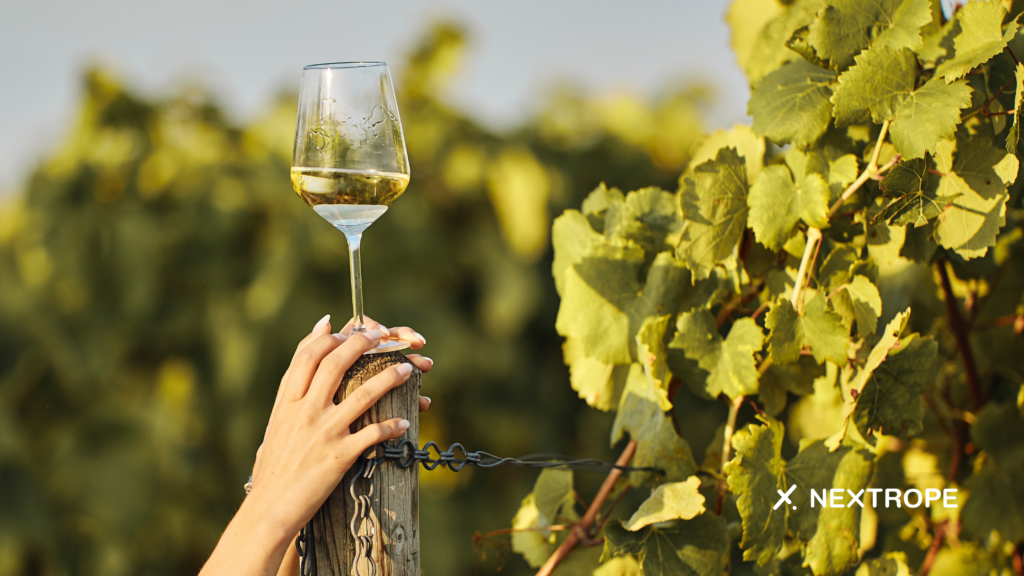
Wine Investment Fundamentals
Essentially, investing in wine entails acquiring wines to resell them at an escalated value later on. Some wines, particularly those from esteemed makers or extraordinary vintages, appreciate over the years. Factors influencing a wine's worth comprise its scarcity, age, producer's reputation, and critical evaluations. In contrast with stocks or property investments, the realm of wine investments relies on subjective distinctions: vineyard narratives, winemaking artistry, and fluctuating consumer preferences.
Read this: How does wine investment work?
Hurdles in Conventional Wine Investment
In spite of its appeal, investing in wine comes with obstacles. Provenance - the detailed record of ownership and storage conditions - is crucial. Without perfect history documentation, a bottle's value may drastically reduce since storage conditions significantly influence quality. Authenticating provenance can frequently be an exhausting and uncertain task.
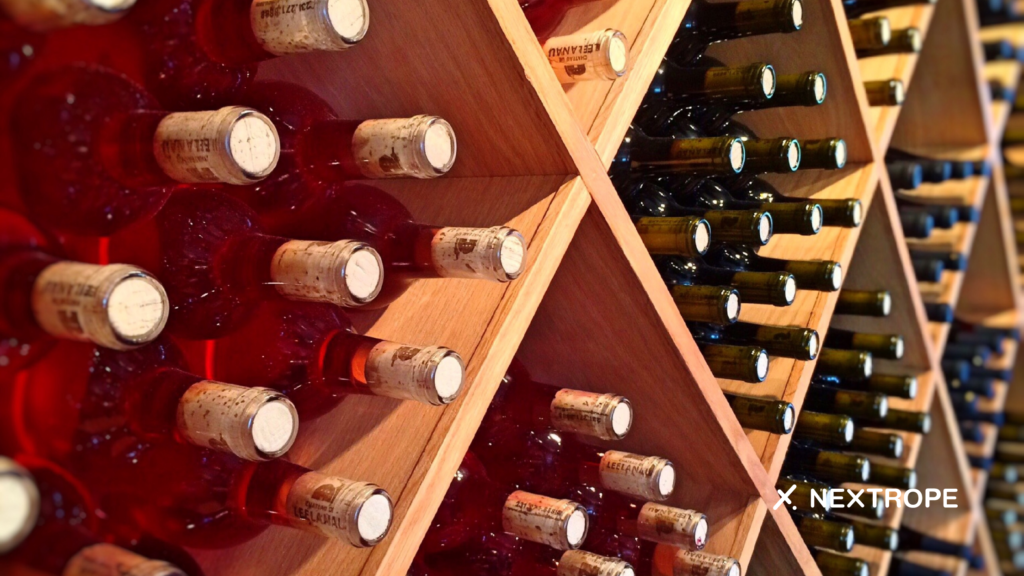
Additionally, tangible costs tied to wine investment like climate-controlled facility storage, breakage or spoilage insurance, and transport can diminish profit margins. Furthermore, wine as an asset type isn't as liquid as stocks or bonds. Investors may have to patiently wait for years or even decades to obtain substantial returns if they depend on a bottle becoming a highly coveted vintage.
The Impact of NFTs on Wine Investment
Utilizing blockchain technology, Non-Fungible Tokens (NFTs) serve as unique digital assets. Although frequently linked to digital art or collectibles, their use in the wine industry exemplifies their adaptability.
Verification and Tracking of Digital Authentication and Provenance: A significant hurdle in wine investment is verifying the legitimacy and origin of a wine bottle. As a digital certificate of authenticity, NFTs provide a solution to this problem. The blockchain records each digital transaction when a bottle is transferred, constructing a secure chain of ownership and storage conditions.
Global and Immediate Transferability: In contrast to conventional wine investments that require physical bottles to be handled, insured, and stored, NFTs enable the swift transfer of ownership rights. This feature allows for international transactions without the need for shipping or the possibility of damage risks, simplifying the buying and selling process for investors.
Broadening Access to Exclusive Wine Investments: Before NFTs, only wealthy elites had access to investing in rare and vintage wines. By digitally representing wines through NFTs, fractional ownership becomes possible. This development permits numerous investors to own a portion of a bottle's value, expanding investment opportunities for more individuals in the market.
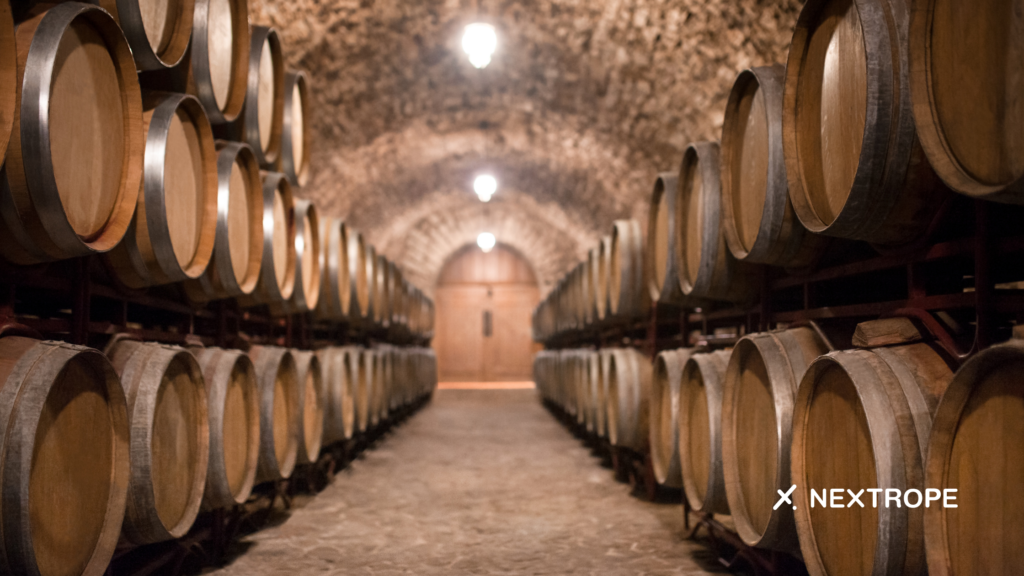
Wine Tokenization
Tokenization is the process of dividing an asset into smaller, exchangeable units or tokens. In the context of the wine industry, this entails transforming either physical bottles or entire vineyards' worth into digital tokens, which can then be purchased, sold, or traded like company stocks.
Understanding Tokenization
Asset Division: Similar to breaking down a company into shares, wine bottles, collections, or vineyards can be separated into numerous tokens that each signify a portion of the asset's value.
Comparing and Contrasting NFTs with Tokenization: While both NFTs and tokenization entail digitally representing assets on a blockchain, a crucial distinction exists. NFTs signify unique, individual assets, rendering each one distinct. However, tokenization creates multiple identical tokens that denote partial ownership of a single asset.
Advantages of Wine Tokenization
- Increased Liquidity in the Wine Market: Conventional wine investment often faces challenges due to the time it takes to yield returns. To counter this problem, tokenization allows investors to sell their tokens as desired, injecting liquidity into the market.
- Opportunities for Partial Ownership and Crowd-Investment: Tokenization goes further than NFTs in making wine investment accessible. By acquiring tokens, individuals can invest in high-value wines or vineyards without purchasing the entire asset, enabling crowd-investment.
- Efficient and Clear Valuation Processes: When each token represents a specific asset value and with all transactions transparently recorded on the blockchain, valuations become more streamlined and unambiguous. This clarity helps eliminate the uncertainty typically associated with traditional wine valuations.
Exploring Possible Risks and Criticisms
Although merging the wine industry and NFTs with tokenization seems promising, it is also accompanied by critics and obstacles.
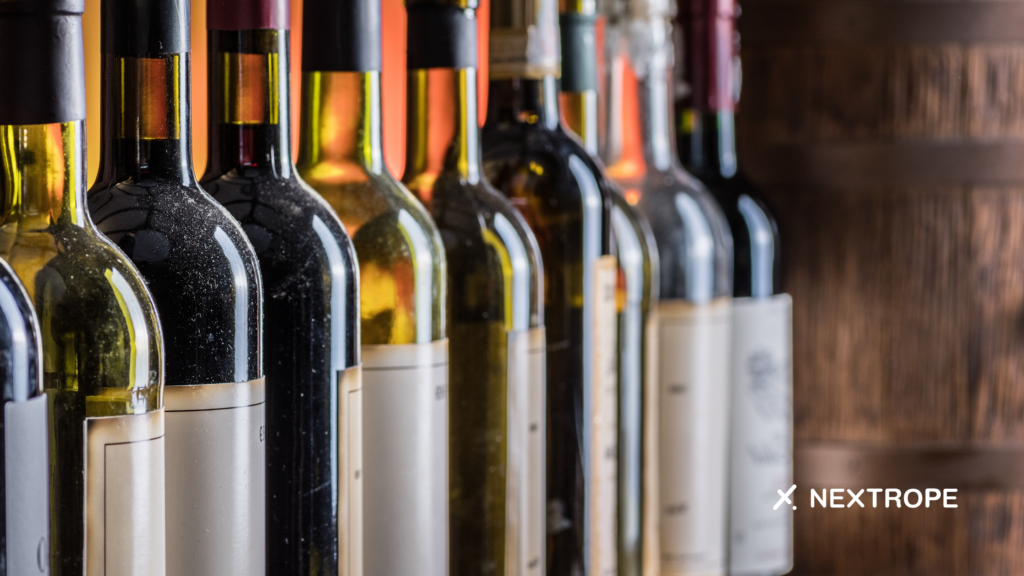
Digital Asset Volatility and Speculation
Market Fluctuations: Similar to the well-known volatility of cryptocurrencies, NFTs and tokenized assets may undergo rapid shifts in value.
Excessive Speculation: The possibility of high returns can encourage speculative bubbles. Like any investment, the risk of a bubble bursting is present, potentially resulting in losses for late investors.
Environmental Impact
Power Usage: Blockchain technology, which supports NFTs and tokenization, often faces critique for its considerable energy consumption, particularly in networks like Ethereum.
Weighing Advantages against Issues: While digital assets provide unparalleled benefits, discussions on how to render the technology more eco-friendly continue.
Future Prospects - Merging Traditional Practices and Innovative Technologies
The union of classic wine investment with advanced technology symbolizes an intriguing convergence between the past and present.
Expanding Beyond Wine: The achievements in wine's tokenization and NFT representation indicate a possible trend for other high-end items like rare artwork or vintage cars.
Democratized Market Accessibility: As NFTs and tokenization contribute to democratization, it is probable that a broader global audience will engage in wine investment.
Incorporating Augmented Reality (AR) and Virtual Reality (VR): Emerging technologies might facilitate virtual tours of vineyards or wine cellars for investors, enriching their online wine investment experience.
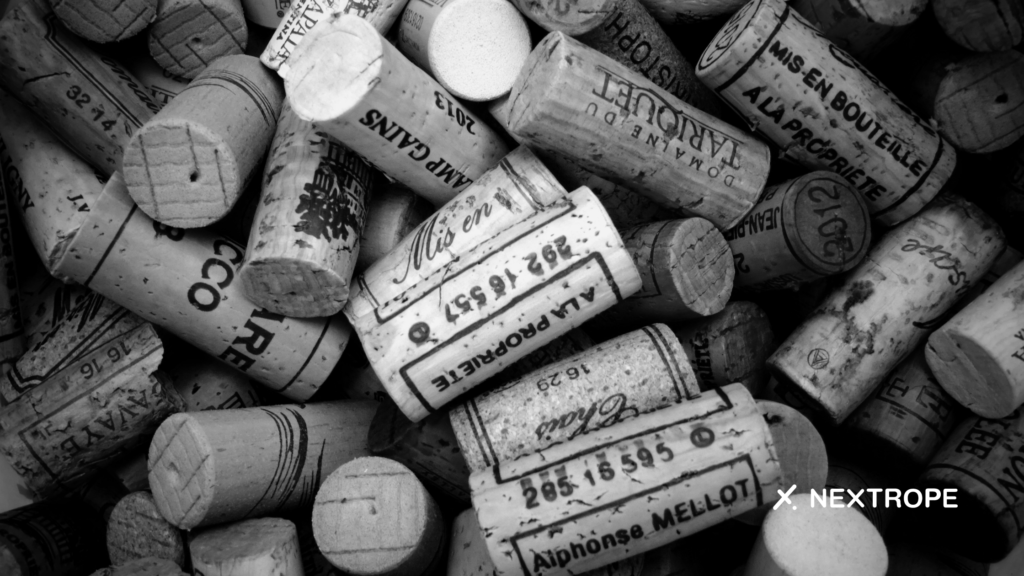
Conclusion
An intriguing intersection between tradition and modernity now exists in the realm of wine investment. As digital innovations intertwine with the storied customs surrounding wine appreciation, investors face both unprecedented opportunities as well as new challenges. While NFTs and tokenization transform our perception of asset ownership, they also reaffirm the fundamental nature of wine investment: the stories, artistry, and shared experiences encapsulated by each bottle. As we raise a glass to the future of wine investment, one constant endures - the pursuit is as exhilarating as the destination itself.
 en
en  pl
pl 
